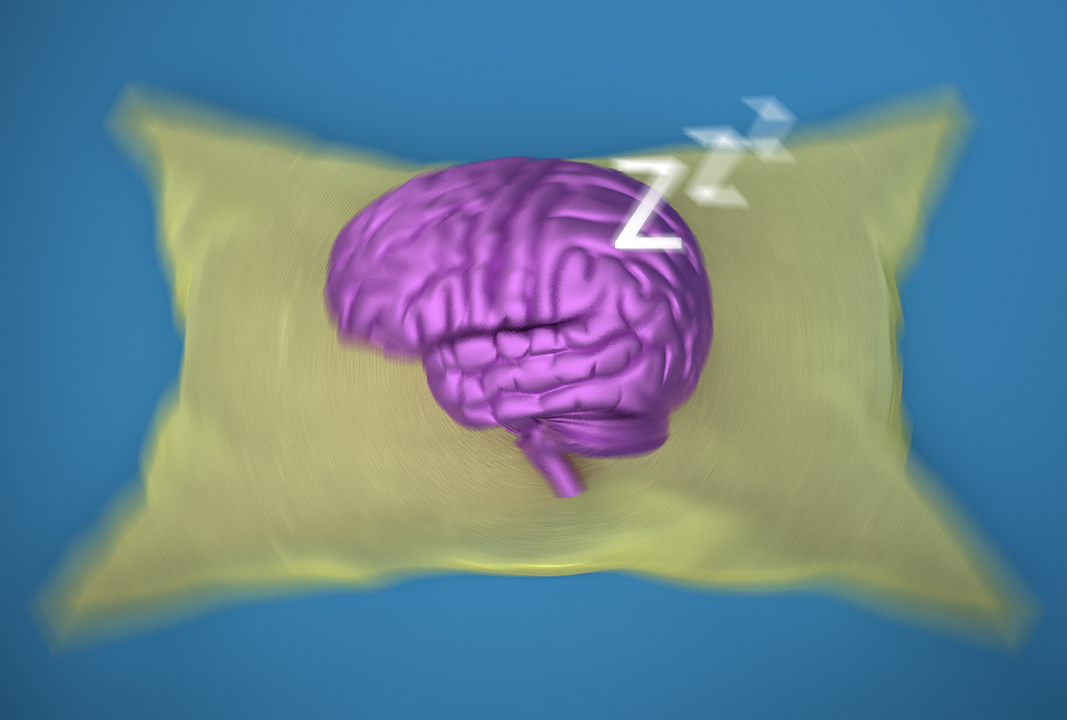PTSD and Women: What the Studies Say

Post-traumatic stress disorder (PTSD) may affect 10 percent of all women because of frequent incidents of violence, neglect and sexual abuse. The good news is that there are many effective treatments for PTSD that can help women cope with past trauma and live their lives to the fullest.
What is PTSD?
Post-traumatic stress disorder is a psychological condition that arises in response to physical, mental, emotional or sexual trauma. It is classified as an anxiety disorder because many of the most common symptoms are anxiety-related:
- Physical symptoms. Survivors of trauma can be hypervigilant, jumpy or on edge at all times. Many patients withdraw from physical touch, appear numb or express violent rage.
- Flashbacks. Many patients will experience painful and intrusive memories in the form of flashbacks, panic attacks and nightmares.
- Avoidance. Survivors will often try to block out memories or avoid talking about the traumatic event in the hopes of making the trauma go away. They will also avoid any triggers that remind them of the traumas they have suffered.
- Mood disturbances. Many women experience changes in thought or mood patterns, such as distancing from friends or family, exhibiting secretive behavior and suicidal thoughts or actions.
Some patients will block out trauma and not experience post-traumatic stress until years later when an occurrence triggers the memory. In these cases, the trauma is usually uncovered during therapy.
PTSD & the military
Women in the military are at just as high a risk of developing PTSD as their male peers, if not higher. This is, in part, because female soldiers might face not only combat but also physical or sexual assault.
Women also process trauma differently than men and tend to experience more numbness and social withdrawal, so it can take longer for women to seek treatment because the warning signs may be masked.
Many resources are available to help women in the military and their families cope with PTSD. Active duty and veteran personnel are urged to contact the Veterans Crisis Line if they believe they are experiencing symptoms of PTSD.
PTSD & sexual trauma
AnnaLynne McCord, actress and activist, discusses the impact of trauma on her memory. Watch the full interview here.
Half of all PTSD cases in the United States result from physical or sexual assault, including rape and attempted rape, according to one study. About 30 percent of the cases result from sexual violence alone. Women are just as likely to develop PTSD as a result of any assault, whether it was sexual in nature or not. Any act of sexual assault can result in PTSD; no one except the victim knows the full impact of an experience.
While many sexual trauma survivors will fully recover from their PTSD, some women will experience symptoms that become increasingly worse. The best course of action in any case is to monitor your symptoms. If you are still experiencing even mild PTSD symptoms after four weeks, you should contact your physician or a mental health professional to be evaluated for PTSD.
PTSD & abuse
It's estimated that every minute, 20 people in the U.S. are physically abused by their partner. In these situations, the most difficult aspect may be helping domestic violence survivors leave their partners, but leaving is just the first step. These survivors not only have to rebuild their lives. They also have to deal with the trauma and trust issues these situations create.
Many people think of abuse as only domestic violence or physical attacks. However, studies show that verbal, mental and emotional abuse at the hands of a parent, friend or partner can also result in post-traumatic stress disorder. Traumas experienced in childhood often go untreated until they start impacting a survivor's ability to function in adult relationships.
Treatment for PTSD
Thankfully, once patients seek treatment for PTSD, many can make a full recovery. Post-traumatic stress is an anxiety disorder, so treatment options are very similar to those used for social or generalized anxiety. These include talk therapy, processing the event and taking medications such as selective serotonin reuptake inhibitors (SSRIs) and serotonin-norepinephrine reuptake inhibitors (SNRIs). If you or a loved one is experiencing trauma or post-traumatic symptoms, help is available, and you can learn to cope with and overcome your symptoms. The first step is getting diagnosed and seeking treatment.


















